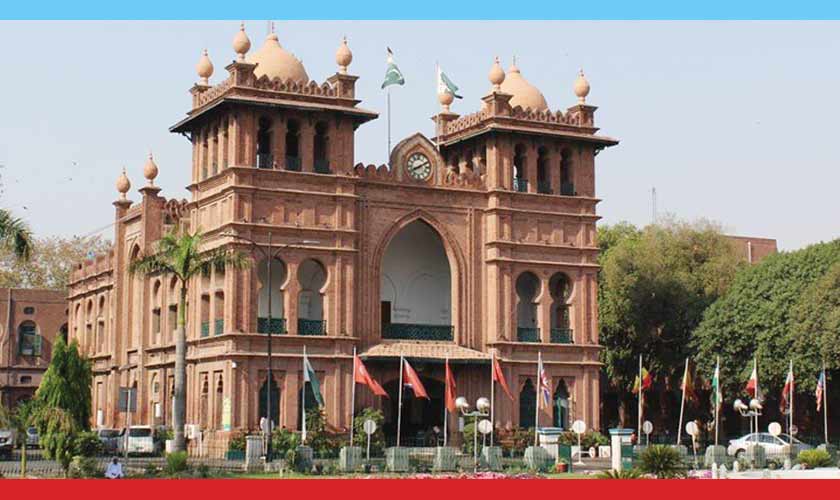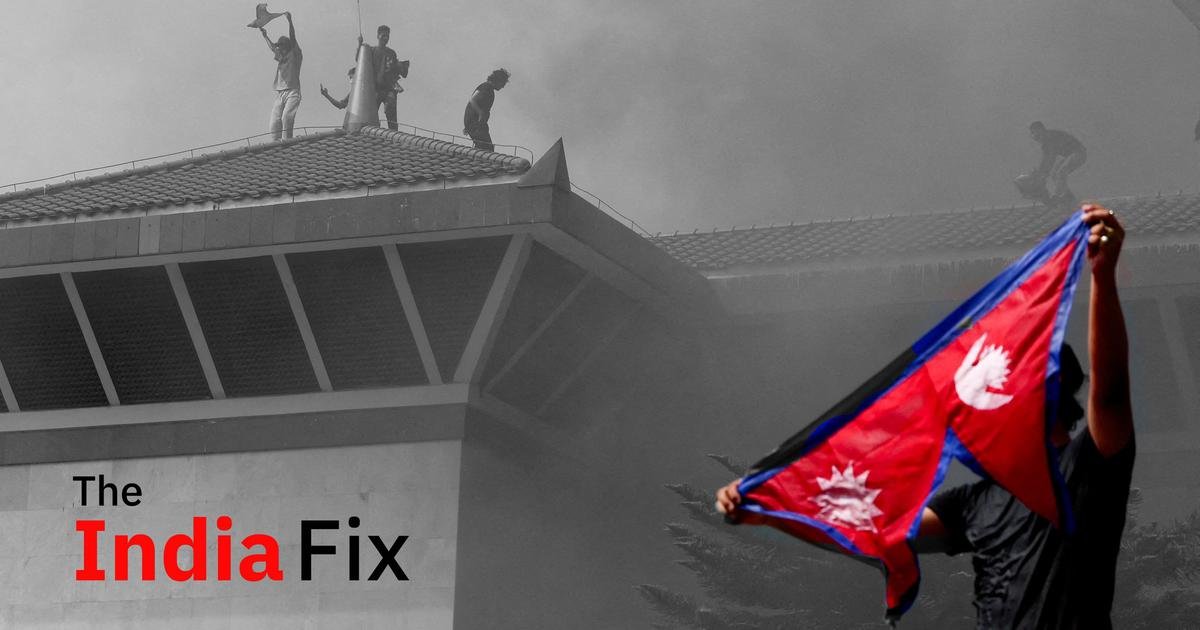Editorial
Institutional reforms are the changes in the rules, norms, and practices that govern the functioning of public institutions. They are essential for Pakistan because they can improve the country’s governance, development, and service delivery.
Institutions shape the incentives and behaviour of political actors, public officials, and citizens. They can promote accountability, transparency, participation, rule of law, and predictability in the public sector. These are essential for ensuring good governance and preventing corruption, nepotism, and misuse of power.
Institutions influence the allocation and management of public resources. They can enhance the efficiency and effectiveness of public spending, taxation, procurement, and regulation. They can also foster innovation and competitiveness in the private sector and civil society. These are vital for achieving sustained, inclusive, and indigenous growth.
Furthermore, institutions affect the delivery and quality of public services. They can improve the access and responsiveness of health, education, water, energy, and other essential services to the needs and preferences of the people. They can also strengthen the civil service and judiciary’s capacity and professionalism. These are crucial for improving human development and social justice.
Please, subscribe to the monthly magazines of republicpolicy.com
However, institutional reforms are not easy to implement in Pakistan. Many challenges and constraints hinder the process of institutional development in Pakistan. There is a need for more political consensus and will among the major stakeholders to initiate and sustain reforms. The vested interests of the elite groups, political parties, and pressure groups often resist or undermine reforms, threatening their power or privileges.
The complexity and diversity of the institutional landscape in Pakistan make it further challenging. The country has a federal system with four provinces, two autonomous regions, and one federal territory. It also has a parliamentary democracy with a bicameral legislature, an independent judiciary, and a powerful military. The coordination and cooperation among these institutions must be more robust or present.
The country ranks low on various indicators of governance quality, such as the corruption perception index (CPI), ease of doing business index (EDBI), global competitiveness index (GCI), and worldwide governance indicators (WGI). The institutional reforms require technical expertise, financial resources, and political support that are often scarce or unavailable.
Therefore, institutional reforms are essential but challenging for Pakistan. They require a holistic and strategic approach that addresses institutional dysfunction’s root causes and systemic issues. They also need a participatory and inclusive process that engages all relevant stakeholders in designing and implementing reforms. Only then can Pakistan achieve its vision of becoming a modern, prosperous, and democratic country. Institutional development is vital for the growth and development of Pakistan.
Please, subscribe to the YouTube channel of republicpolicy.com














